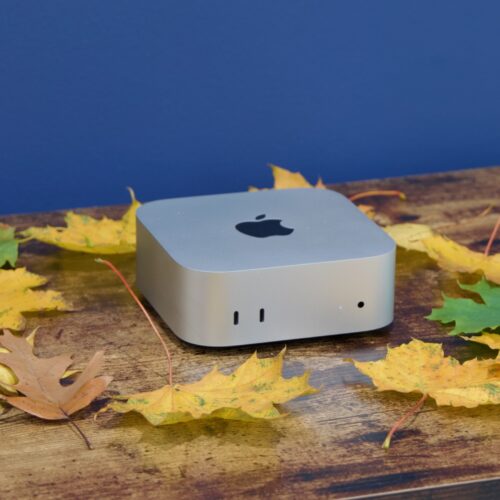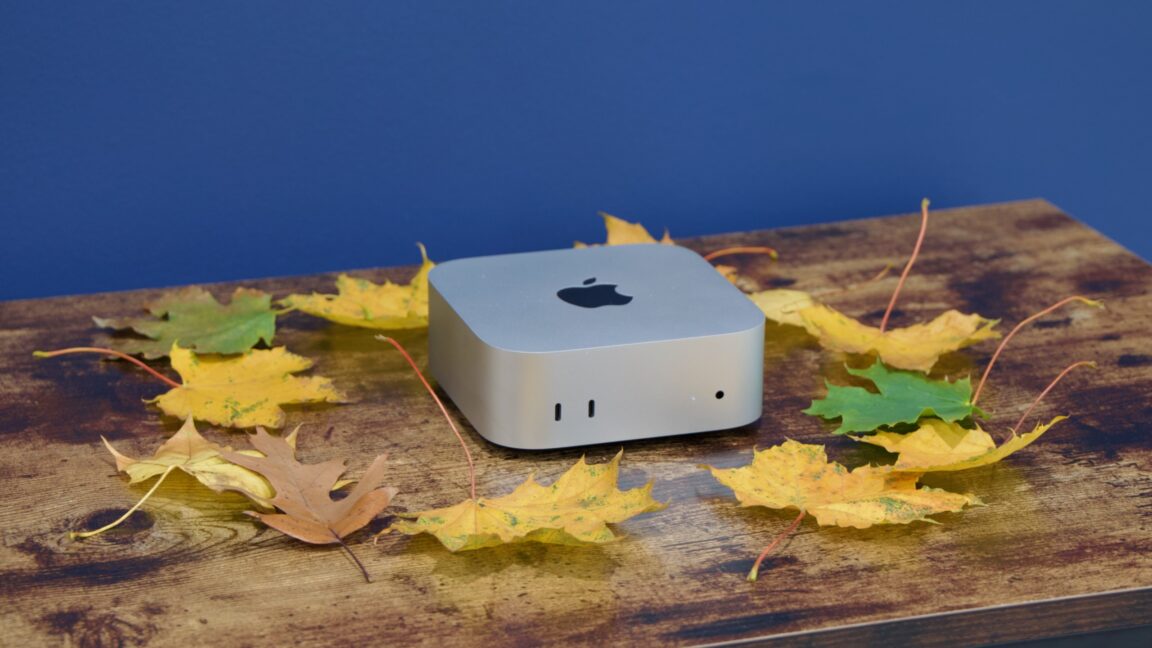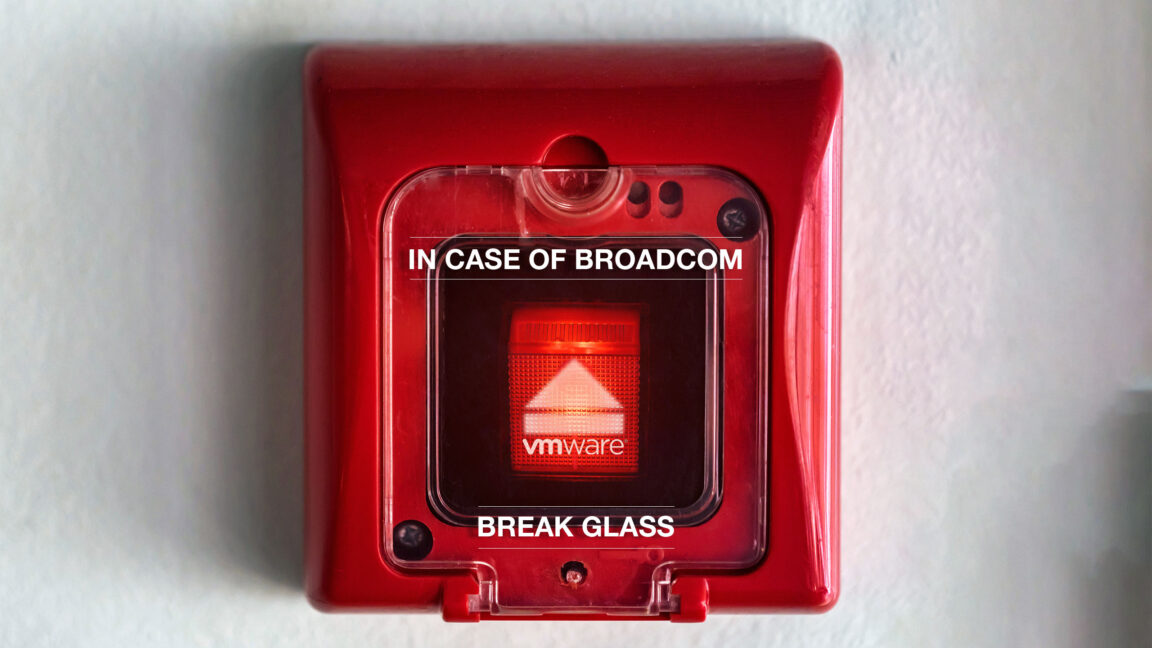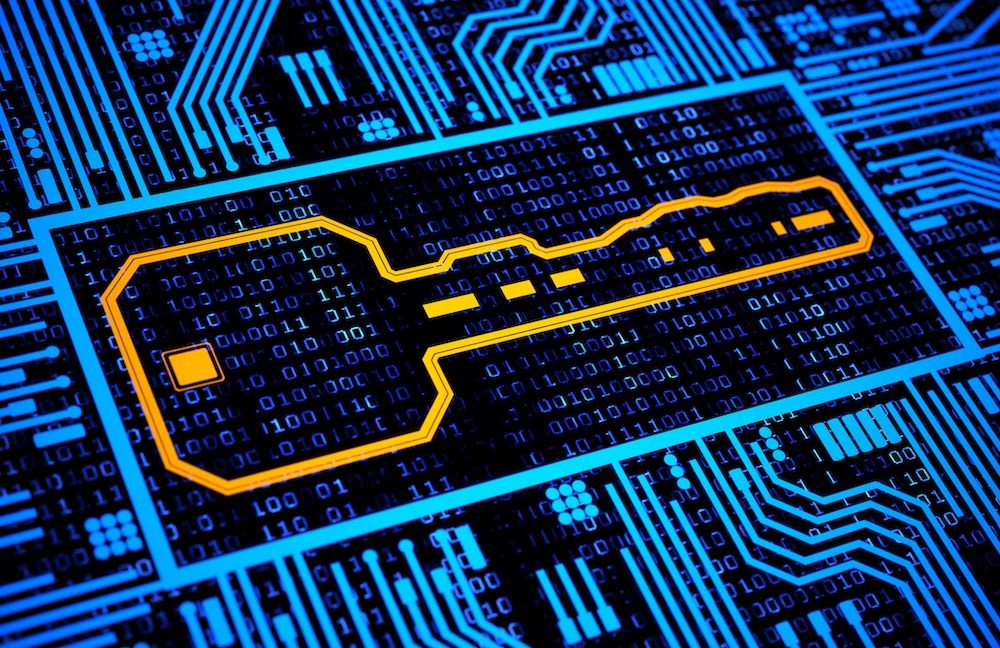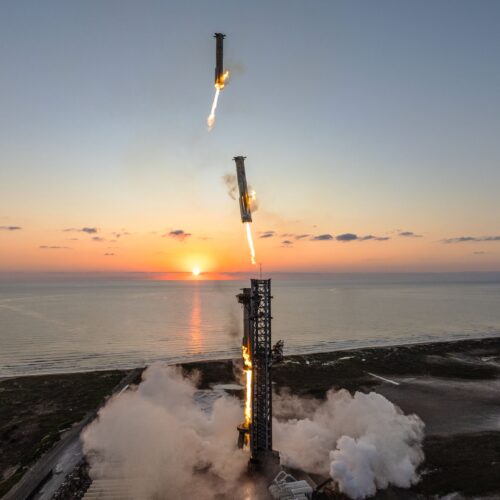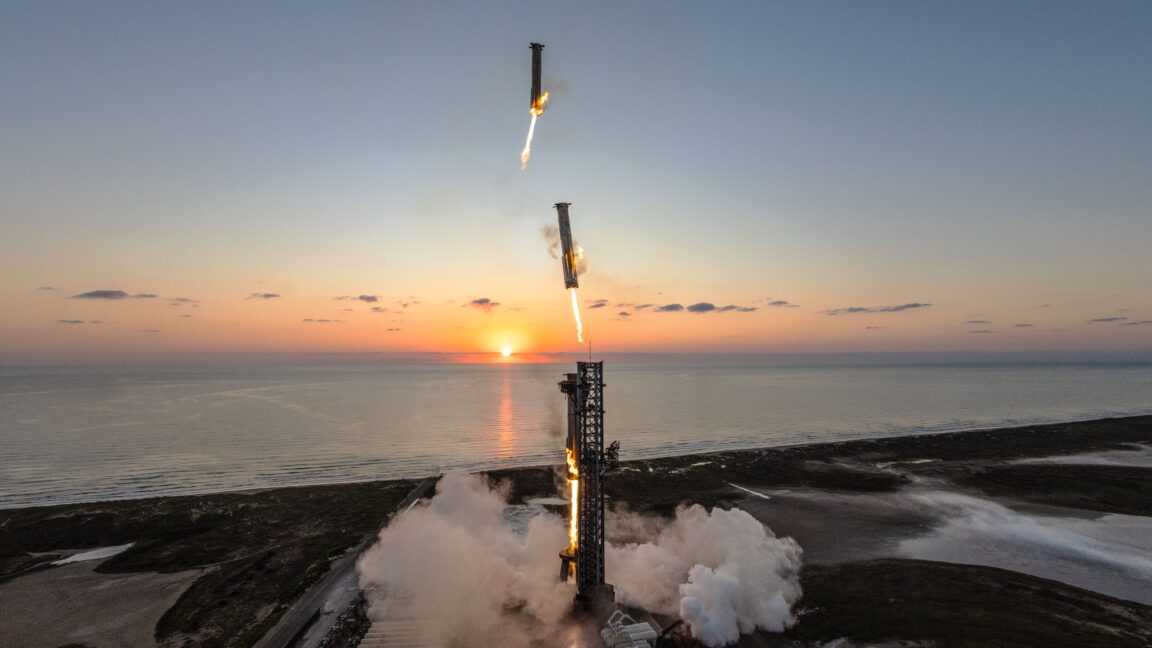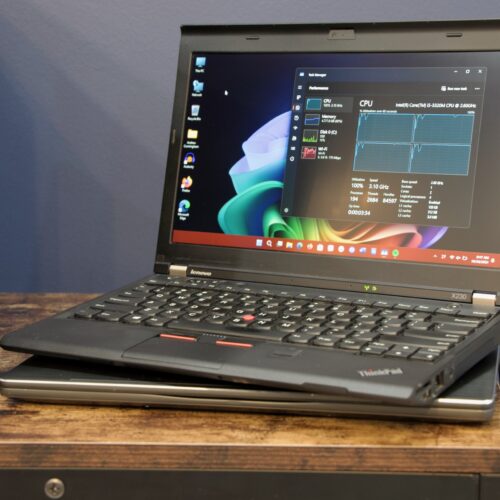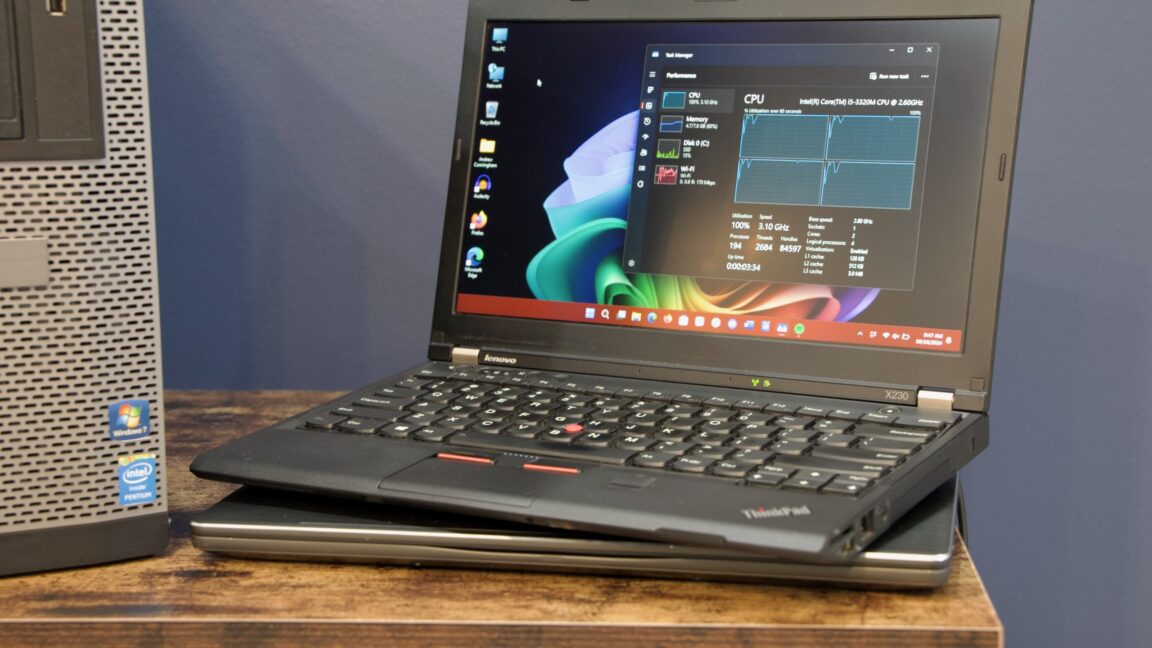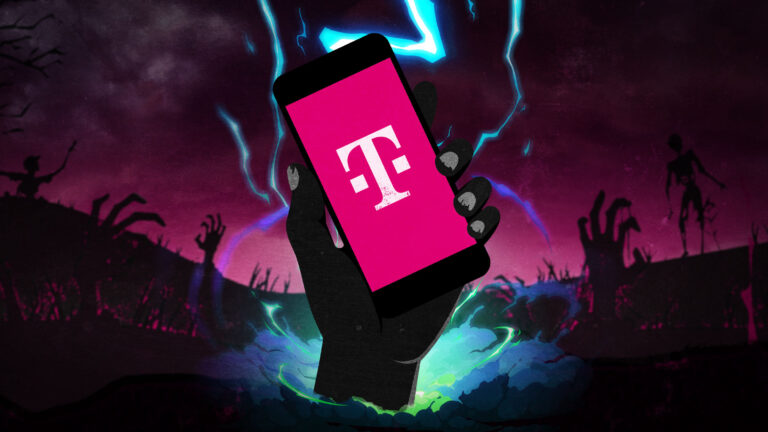Space policy is about to get pretty wild, y’all
The global space community awoke to a new reality on Wednesday morning.
The founder of this century's most innovative space company, Elon Musk, successfully used his fortune, time, and energy to help elect Donald Trump to president of the United States. Already, Musk was the dominant Western player in space. SpaceX launches national security satellites and NASA astronauts and operates a megaconstellation. He controls the machines that provide essential space services to NASA and the US military. And now, thanks to his gamble on backing Trump, Musk has strong-armed himself into Trump's inner circle.
Although he may not have a cabinet-appointed position, Musk will have a broad portfolio in the new administration for as long as his relations with Trump remain positive. This gives Musk extraordinary power over a number of areas, including spaceflight. Already this week, he has been soliciting ideas and input from colleagues. The New York Times reported that Musk has advised Trump to hire key employees from SpaceX into his administration, including at the Department of Defense. This reflects the huge conflict of interest that Musk will face when it comes to space policy. His actions could significantly benefit SpaceX, of which he is the majority owner and has the final say in major decisions.

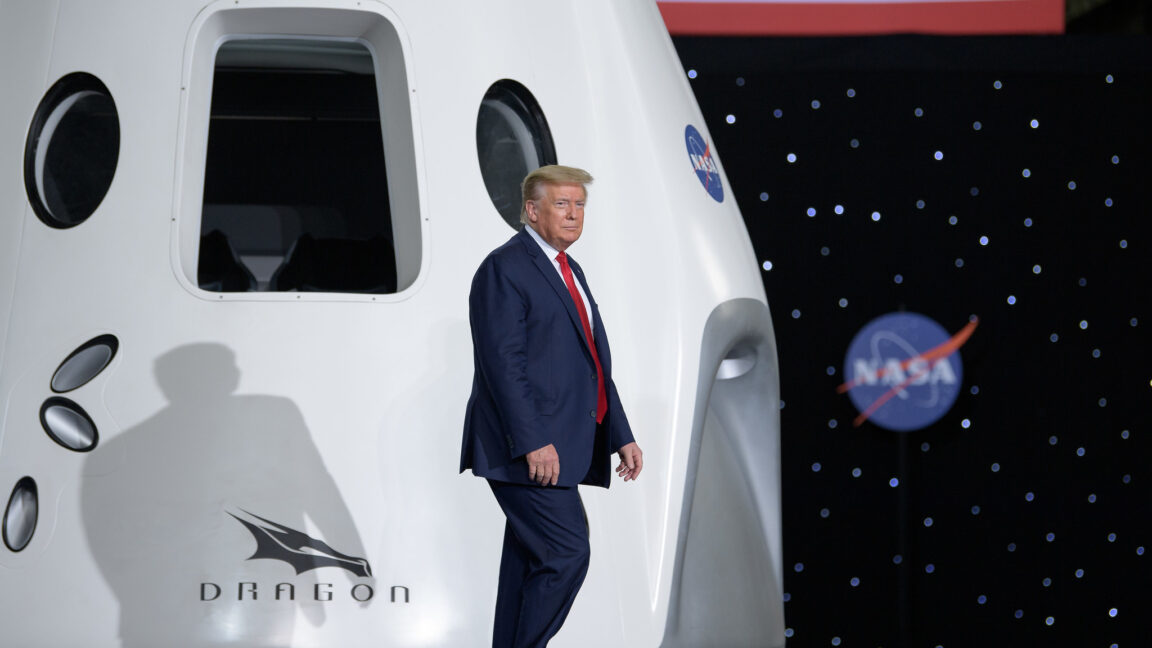
© NASA/Bill Ingalls
